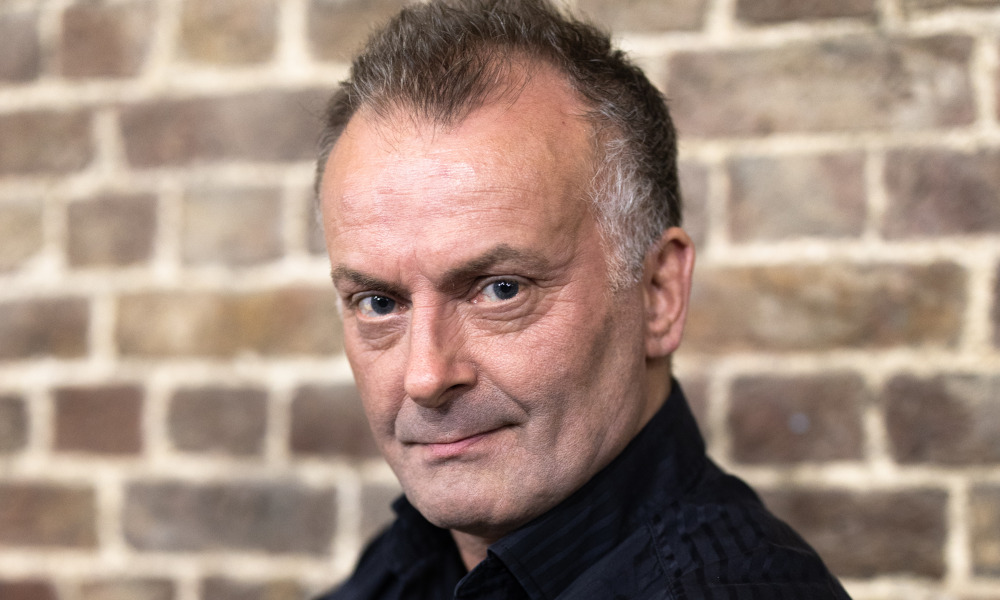
Interview: Robin O’Neill
Interview: Robin O’Neill
Ahead of the Wimbledon International Music Festival, we talk to Robin O’Neill about what he is looking forward to and his career as a conductor and bassoonist
Tell us what you’ll be doing at the festival…
I’m every excited about my two concerts. Our updated version of The Soldier’s Tale on November 13th is going to be a lot of fun. It received rave reviews when we first performed it several years ago. It is the original and still the best piece of its type and one of Stravinsky’s greatest works. It never fails to pack a dramatic punch! It’s a particular pleasure to work again with my dear friend Bob Maskell as narrator because he really is a master character actor.
Then on November 27th I am conducting the Philharmonia strings in a gorgeous programme including the Adagietto from Mahler’s 5th Symphony, Elgar’s Introduction and Allegro and the Vaughan Williams Oboe Concerto with my wonderful colleague Tim Rundle as soloist.
The Wimbledon International Music Festival is always an outstanding three weeks of music and festival director Anthony Wilkinson always puts together an impressively eclectic mix of events. There’s something to satisfy all tastes from Renaissance to Cabaret performed by the finest musicians in the world.
What do you find most rewarding about being a conductor?
A conductor is an enabler and a moulder and shaper – a sort of musical midwife. Exactly how it works is very difficult to explain but you have to have a very clear idea of how a piece of music works in order to help it to materialise. I learn so much about music when I’m conducting and my admiration for great composers is boundless.
What pieces are the most challenging as a conductor?
I think that people imagine that very complex music like Stravinsky’s Rite of Spring must be difficult to conduct but in my opinion the greatest challenge is finding the true spirit of a great classical symphony such as Haydn 104, Mozart’s Jupiter or Beethoven’s Eroica. That’s the real test. The elegant poised power of this music is elusive but when you get it right there’s nothing quite like it!
Why did you choose to play bassoon? And what do you love about it?
I grew up in a household full of music. My older sister played (and still does play) the oboe so I used to go to listen to her play in all sorts of concerts and I was always fascinated by the oboe’s big brother, the bassoon. Once I started to play I was hooked. It is an extraordinarily versatile instrument which comfortably occupies the role of bass line provider and deliverer of some of the most beautiful solos for any instrument in the repertoire from Mozart piano concertos to Shostakovich symphonies.
How would you encourage young people into music?
I hate the term”classical music”. It’s all just music. Don’t be afraid of it. It’s there for everyone regardless of age or background and it can be life changing. Music has an extraordinary ability to give meaning to life because it validates our emotions, stimulates our imagination and encourages our ability to feel. And by the way, that alone should make politicians think twice before they cut funding for music education and the arts in general!
Stravinsky said that the trouble with music appreciation was that people are taught to have too much respect for music when they should be taught to love it instead.
I couldn’t agree more…
Who inspires you in music?
I’m inspired by anyone and everyone who genuinely loves music. I’m lucky enough to hear inspiring musicians every day on concert platforms, in rehearsal rooms and teaching studios.
What are you most proud of in your career?
I can honestly say that having had a crazily busy career as a player, conductor, arranger, teacher and organiser I have never had a dull moment. Music is an endlessly fascinating art and there’s always more to learn. It keeps me as fresh and alert as I was thirty years ago!
Wimbledon International Music Festival, 5 to 29 November.
READ MORE
Also at the Festival: The Brodsky Quartet – read our interview






